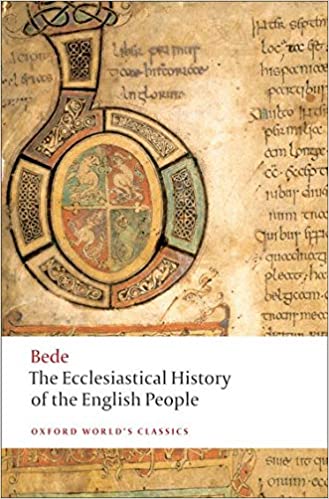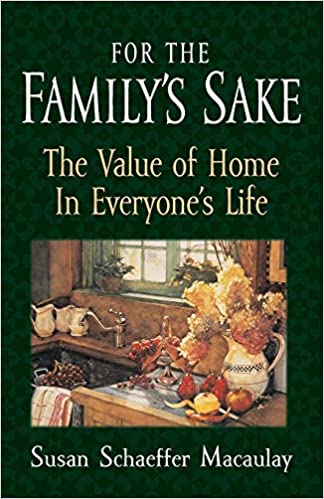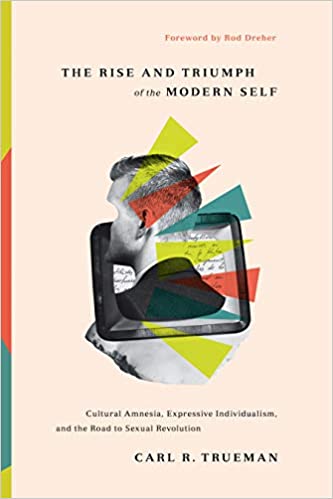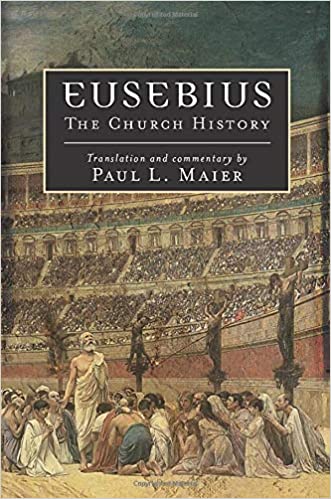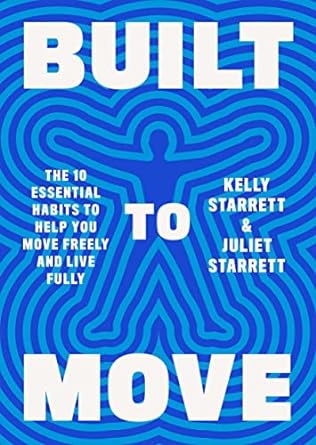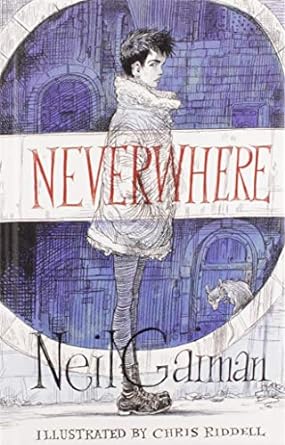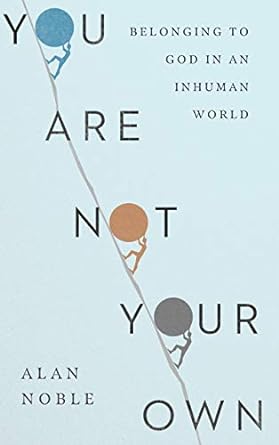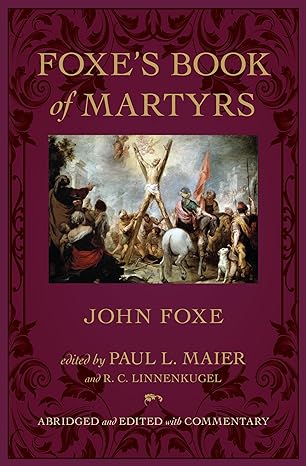The Ecclesiastical History of the English People
The Ecclesiastical History of the English People (731 AD) is Bede's most famous work. As well as providing the authoritative Colgrave translation of the Ecclesiastical History, this edition includes a new translation of the Greater Chronicle, in which Bede examines the Roman Empire and
contemporary Europe. His Letter to Egbert gives his final reflections on the English Church just before his death, and all three texts here are further illuminated by a detailed introduction and explanatory notes.
For the Family’s Sake: The Value of Home in Everyone’s Life
For many of us the word home brings warm thoughts and happy memories―far more than the dictionary's simple definition of "a place of birth or one's living quarters." For many of us, home is where the heart is.
Yet it is even than that. It is the secure environment that allows our hearts to develop. A haven of growth, quiet, and rest. The place where we love and are loved. Sadly though, this kind of home is beginning to disappear as our busy society turns homes into houses where related people abide, but where there is no "heart."
With a desire to help you nurture your family's heart, Susan Schaeffer Macaulay presents a clear blueprint for constructing a home that survives the variety of situations that you face in modern life. With Jesus Christ as the foundation, using tools such as common sense, realism, and traditions, you can build a secure, loving environment where every member of your family can flourish.
More info →The Rise and Triumph of the Modern Self: Cultural Amnesia, Expressive Individualism, and the Road to Sexual Revolution
“Carl Trueman explains modernity to the church, with depth, clarity, and force. The significance of The Rise and Triumph of the Modern Self . . . is hard to overstate.”
—Rod Dreher, from the Foreword
Modern culture is obsessed with identity. Since the landmark Obergefell v. Hodges Supreme Court decision in 2015, sexual identity has dominated both public discourse and cultural trends—yet no historical phenomenon is its own cause. From Augustine to Marx, various views and perspectives have contributed to the modern understanding of the self.
In this timely book, Carl Trueman analyzes the development of the sexual revolution as a symptom—rather than the cause—of the human search for identity. Trueman surveys the past, brings clarity to the present, and gives guidance for the future as Christians navigate the culture in humanity’s ever-changing quest for identity.
More info →Eusebius: The Church History
This new, highly affordable paperback edition includes Maier's best-selling translation, historical commentary on each book of The Church History, and ten maps and illustrations. Often called the "Father of Church History," Eusebius recorded crucial information about the lives of Jesus' disciples, the development of the New Testament, Roman politics, and the persecution of early Christians.
More info →Albion’s Seed: Four British Folkways in America
This fascinating book is the first volume in a projected cultural history of the United States, from the earliest English settlements to our own time. It is a history of American folkways as they have changed through time, and it argues a thesis about the importance for the United States of having been British in its cultural origins.
More info →Built to Move: The Ten Essential Habits to Help You Move Freely and Live Fully
After decades spent working with pro-athletes, Olympians, and Navy Seals, mobility pioneers Kelly and Juliet Starrett began thinking about the physical well-being of the rest of us. What makes a durable human? How do we continue to feel great and function well as we age? And how do we counteract the effects of technology-dependence, sedentary living, and other modern ways of life on our body’s natural need for activity?
The answers lie in an easy-to-use formula for basic mobility maintenance: 10 tests + 10 physical practices = 10 ways to make your body work better
The book offers:
- Easy mobilization practices to increase range of motion and avoid injury
- Intuitive ways to integrate more movement into your daily life and escape sedentary habits
- No-fuss guidelines for improving nutrition and sleep
- Basic breathing practices to manage stress and pain
- Quick and simple assessments to gauge progress and what needs improvement
- Tips and perspectives on healthy aging
It’s full of foundational wisdom for everyone from beginners to professional athletes and everyone in between. Built to Move introduces readers to a set of simple principles and practices that are undemanding enough to work into any busy schedule, lead to greater ease of movement, better health, and a happier life doing whatever it is you love to do—and want to continue doing as long as you live. This book is your game plan for the long game.
More info →Neverwhere
Published in 1997, Neil Gaiman’s first novel, Neverwhere, heralded the arrival of a major talent. Over the years, various versions have been produced around the world. In 2016, this gorgeously illustrated edition of the novel was released in the UK. It is now available here, and features strikingly atmospheric, painstakingly detailed black-and-white line art by Chris Riddell, one of Gaiman’s favorite artistic interpreters of his work.
Richard Mayhew is a young London businessman with a good heart whose life is changed forever when he stops to help a bleeding girl—an act of kindness that plunges him into a world he never dreamed existed. Slipping through the cracks of reality, Richard lands in Neverwhere—a London of shadows and darkness, monsters and saints, murderers and angels that exists entirely in a subterranean labyrinth. Neverwhere is home to Door, the mysterious girl Richard helped in the London Above. Here in Neverwhere, Door is a powerful noblewoman who has vowed to find the evil agent of her family’s slaughter and thwart the destruction of this strange underworld kingdom. If Richard is ever to return to his former life and home, he must join Lady Door’s quest to save her world—and may well die trying.
More info →You Are Not Your Own: Belonging to God in an Inhuman World
This is the fundamental assumption of modern life. And if we are our own, then it's up to us to forge our own identities and to make our lives significant. But while that may sound empowering, it turns out to be a crushing responsibility―one that never actually delivers on its promise of a free and fulfilled life, but instead leaves us burned out, depressed, anxious, and alone. This phenomenon is mapped out onto the very structures of our society, and helps explain our society's underlying disorder.
But the Christian gospel offers a strikingly different vision. As the Heidelberg Catechism puts it, "I am not my own, but belong with body and soul, both in life and in death, to my faithful Savior Jesus Christ." In You Are Not Your Own, Alan Noble explores how this simple truth reframes the way we understand ourselves, our families, our society, and God. Contrasting these two visions of life, he invites us past the sickness of contemporary life into a better understanding of who we are and to whom we belong.
More info →Foxe’s Book of Martyrs
An updated and modernized edition of the unparalleled classic with resurgent relevance for the twenty-first century
Foxe's Book of Martyrs is one of the most influential and well-known books in history, as well as one of the top-sellers of the past, right up there with the Bible itself. Immensely popular in Foxe's own sixteenth century, its influence has been felt throughout literature. Copies of the original text (Acts and Monuments) were chained beside the Bible in churches of England, and even sailed with English pirates.
This was not a book designed to comfort, but instead to present the truth of the persecution faced by Protestant Christians in hostile environments. The inscription from the 1563 edition--now commonly known as Foxe's Book of Martyrs--indicates the gravity of the task: "[In] latter and perilous days . . . the great persecutions and horrible troubles . . . [are here] gathered and collected according to true copies and writings . . . of the parties themselves that suffered." Foxe was committed to commemorating the ultimate sacrifice of those who gave their lives for the sake of their faith.
Paul L. Maier brings his exceptional mind for history to bear on Foxe's work in this new edition. While abridgement of the original 2,100 pages was necessary, Maier does include every martyr, and text was changed only where modern readers may not readily understand the original archaic wording.
John Foxe (1516-1587) was an academic and zealous student of the Scriptures, leading to his persecution as a Protestant by the Catholic rulers of his day. Beyond his work in pastoral ministry, Foxe continued to work on his martyrology until his death.
More info →
